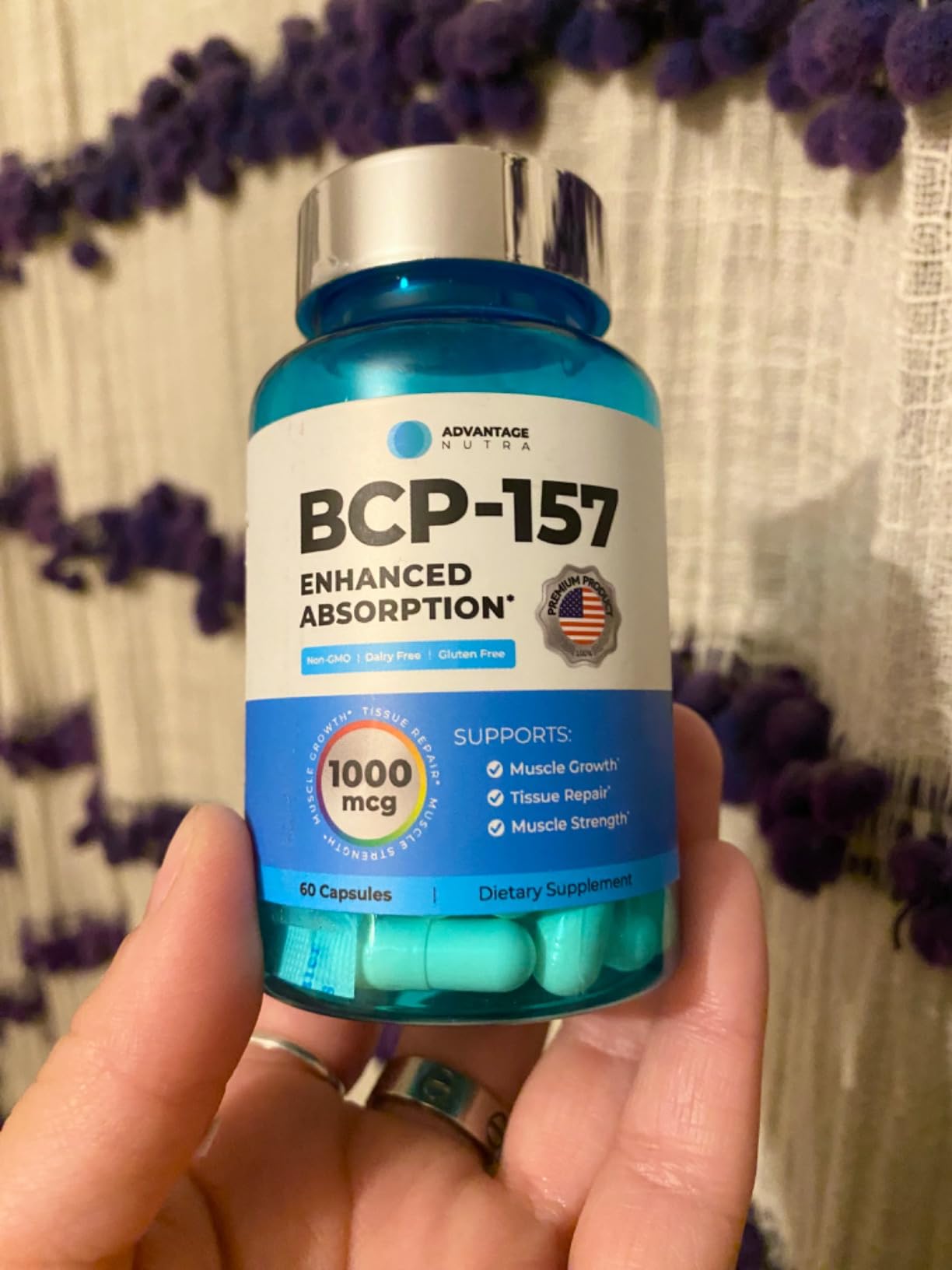In the dynamic realm of fitness and athletics, the quest for faster recovery and improved performance is relentless. Among the myriad of supplements and techniques touted to enhance post-workout recovery, one compound has recently gained attention for its potential therapeutic benefits: BPC 157.
BPC 157, short for Body Protection Compound 157, is a synthetic peptide derived from a protein found in human gastric juice. While its precise mechanisms of action are still being elucidated, BPC 157 has been the subject of numerous studies exploring its purported ability to accelerate healing and tissue repair, making it an intriguing candidate for enhancing workout recovery.
At its core, BPC 157 is believed to exert its effects through multiple pathways, including promoting angiogenesis (the formation of new blood vessels), modulating inflammatory responses, and stimulating the production of growth factors. These mechanisms are particularly relevant in the context of exercise-induced muscle damage and the subsequent repair process.
During intense physical activity, muscles undergo micro-tears and inflammation, leading to soreness and fatigue. Optimal recovery is crucial for muscle adaptation and overall performance improvement. Herein lies the potential of BPC 157: by promoting angiogenesis, it may enhance blood flow to damaged tissues, facilitating the delivery of oxygen, nutrients, and essential factors needed for repair.
Moreover, BPC 157 has demonstrated anti-inflammatory properties, which could help mitigate the detrimental effects of exercise-induced inflammation. By modulating the inflammatory cascade, BPC 157 may alleviate soreness and accelerate the resolution of muscle damage, allowing individuals to return to training sooner and with reduced discomfort.
While much of the research on BPC 157 has focused on its effects on musculoskeletal tissues, emerging evidence suggests potential benefits for gastrointestinal health as well. A healthy gut is essential for nutrient absorption and overall well-being, yet rigorous training regimens can sometimes compromise gut integrity. BPC 157’s purported ability to promote gut healing and protect the intestinal lining could be particularly advantageous for athletes seeking to optimize their nutritional uptake and immune function.
Despite its promising therapeutic potential, it’s important to approach the use of BPC 157 with caution. Regulatory oversight and safety considerations vary across jurisdictions, and the long-term effects of BPC 157 supplementation have yet to be fully elucidated. As with any supplement or performance-enhancing strategy, consulting with a qualified healthcare professional is essential to ensure safe and responsible usage.
In conclusion, BPC 157 holds promise as a novel approach to enhancing workout recovery and supporting overall athletic performance. Its multifaceted mechanisms of action and potential benefits for both musculoskeletal and gastrointestinal health make it an intriguing area of research and experimentation within the fitness community. However, further studies are needed to fully understand its efficacy, safety profile, and optimal dosing strategies.

